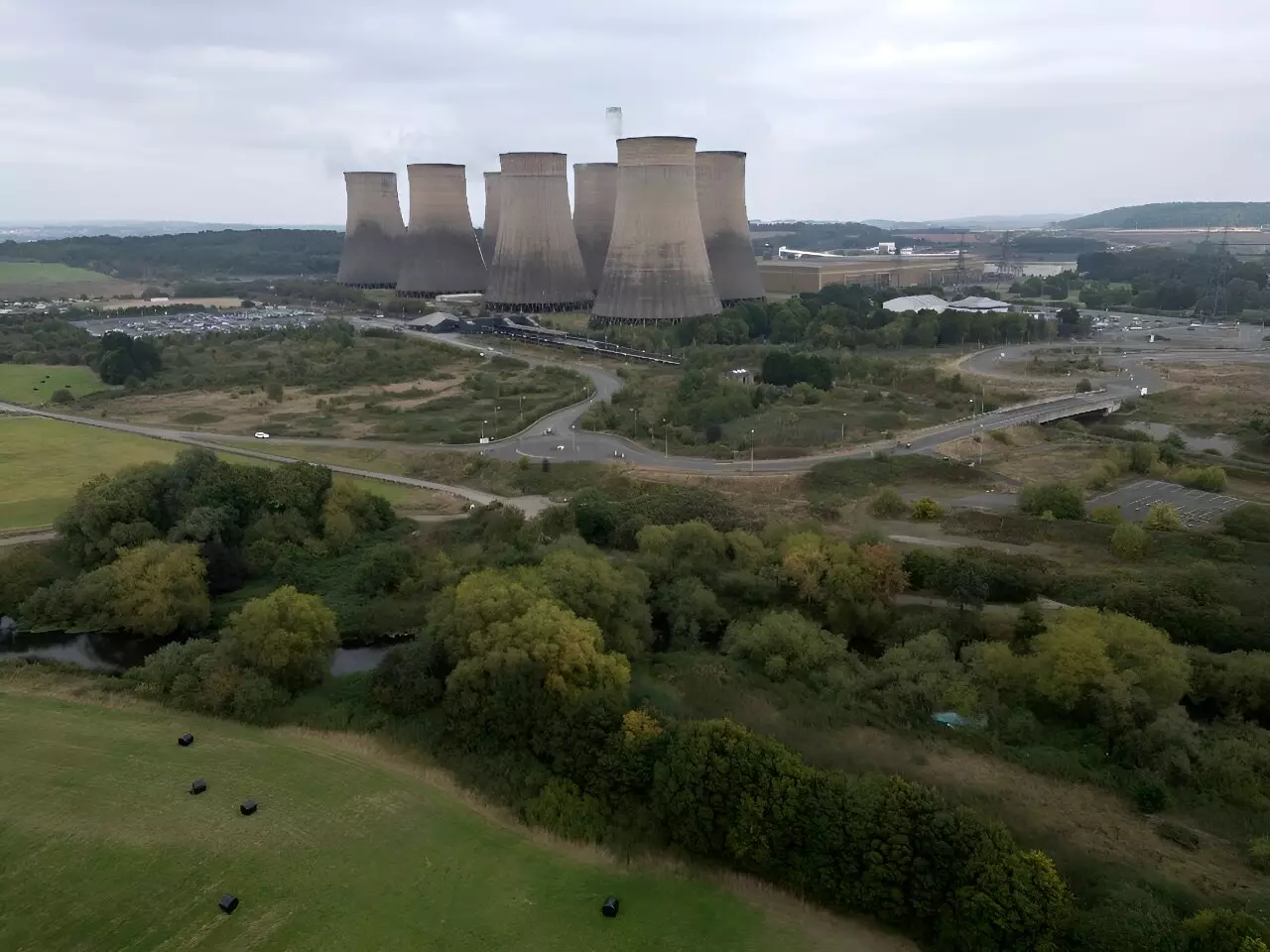On October 2, 2023, the United Kingdom reaches a significant milestone in its energy landscape with the closure of the last coal-fired power station, Ratcliffe-on-Soar. This pivotal event signifies more than just the shuttering of a plant; it marks a pronounced departure from over a century of dependence on coal as a primary power source. As the first G7 nation to entirely phase out coal for electricity production, the UK sets a model for other countries grappling with similar decisions. Energy Minister Michael Shanks heralds this change, emphasizing the dawn of new employment opportunities in the green energy sector, a sign of optimism in a transition fraught with challenges.
The closure of Ratcliffe-on-Soar affects approximately 350 workers, with Uniper, the plant’s owner, pledging to support their transition either by redeploying them within the company or offering redundancy opportunities. However, the path to displacement is often uncertain and fraught with anxiety. The promise of a new “carbon-free technology and energy hub” at the site offers a glimpse into a future where clean energy jobs replace fossil fuel-based work opportunities. This transition also carries a broader implication for the environment. As coal is phased out, the UK is better positioned to tackle climate change, a goal underscored by international commitments made at COP28.
Coal has been integral to the UK’s historical narrative. The Industrial Revolution, a period that laid the foundation for modern economics in Britain and beyond, relied heavily on coal as its cornerstone. However, this reliance has waned dramatically over the decades. In 1980, coal accounted for 70% of the electricity mix, but due to rigorous environmental regulations and the emergence of renewable resources, this figure plummeted to a mere 1% by the previous year. As Tony Bosworth from Friends of the Earth suggests, coal has seamlessly transitioned from being a driving force behind Britain’s global supremacy to a relic of the past.
Renewables: The Future Energy Mix
The UK’s future energy framework is increasingly reliant on renewable sources and natural gas. The National Grid ESO reported that in 2023, a significant chunk—38%—of the electricity generated came from natural gas, while wind power constituted about a quarter. With ambitions to further reduce carbon footprints, the newly elected Labour government has unveiled a comprehensive green energy strategy aimed at enhancing investments in offshore wind, tidal energy, and nuclear power. These initiatives are essential in establishing a robust and sustainable energy infrastructure, setting the stage for a future free from fossil fuel dependency.
As the UK forges ahead, it serves as a beacon for other nations in the G7 and beyond. Countries like Italy, Germany, and Canada have laid out plans to curtail their coal usage, yet none have matched the urgency or commitment of the UK. The stance taken by the UK could mark a turning point in global energy politics, prompting nations to fast-track their own transitions away from fossil fuels. Doug Parr from Greenpeace UK aptly states that Britain “has set an example” that may inspire other countries to follow suit while advocating for an accelerated phase-out of oil and gas—suggesting that the journey towards sustainable energy is just beginning.
The closure of Ratcliffe-on-Soar resonates deeply—not just as the end of coal, but as a transformative moment for the UK’s electricity sector and a major step towards environmental sustainability. As the country moves away from its coal-dominated past, it simultaneously embraces a myriad of clean energy options that promise both economic revitalization and environmental protection. While the road ahead is laden with hurdles, the UK’s proactive approach in this energy transition is groundbreaking, offering insight into the collective actions needed globally to combat climate change. It beckons other nations to reflect on the potential of renewable energy as a viable solution to their own energy needs and an indispensable component of a sustainable future.


Leave a Reply